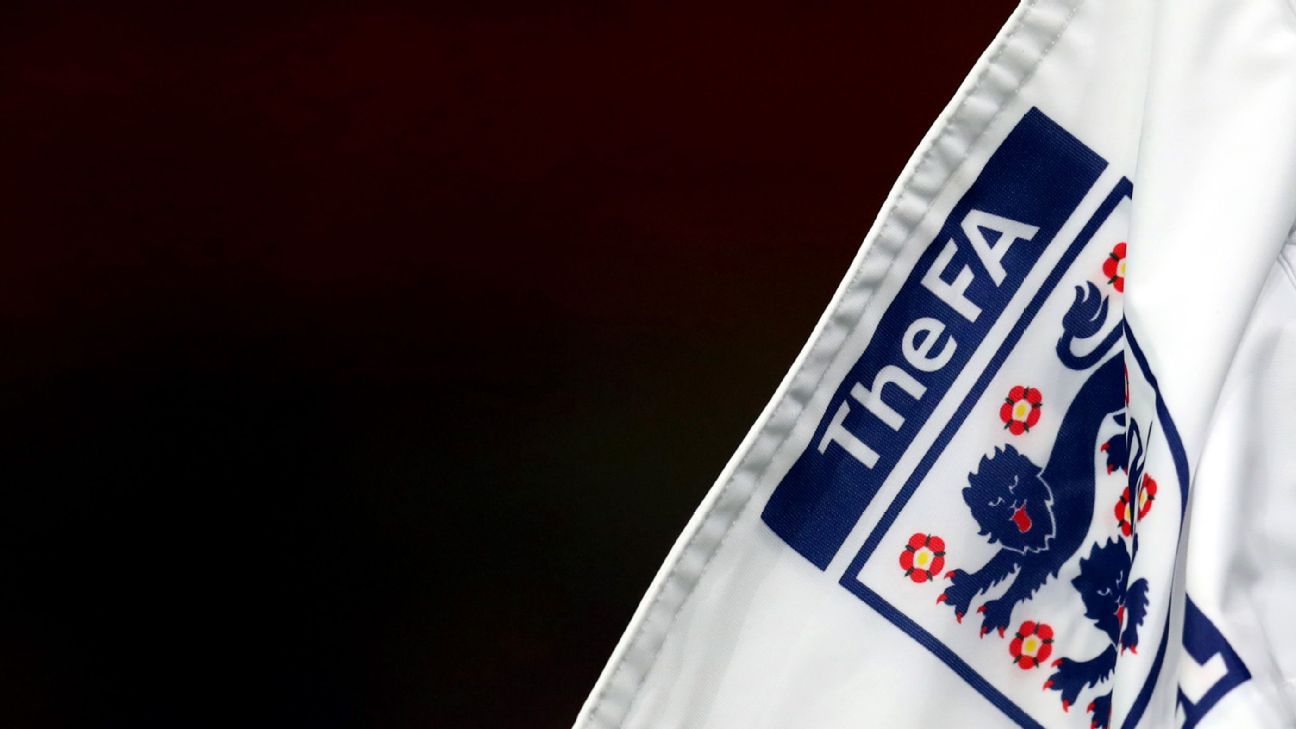English football, including clubs in the Premier League and Women’s Super League, has started a four-day boycott of social media in response to the ongoing discriminatory abuse received online by players.
The boycott began at 3 p.m. BST on Friday April 30 and will end at 11.59 p.m. BST on Monday May 3.
The decision to boycott social media has also been picked up by other sports with federations, clubs and individuals across rugby, tennis, cycling and Formula One also joining the protest.
High-profile stars such as Manchester United‘s Marcus Rashford and Lauren James, Manchester City forward Raheem Sterling and Liverpool defender Trent Alexander-Arnold have reported that they have received racist abuse on social media platforms.
City’s Kyle Walker was the latest player to call for action after he was racially abused following his side’s 1-0 win over Tottenham Hotspur in the Carabao Cup final.
He posted a screenshot of the abuse he had received with the caption: “When is this going to stop?”
The boycott is being supported by the English Football Association, Premier League, WSL, English Football League, Women’s Championship, Professional Footballers Association, League Managers Association, Professional Game Match Officials Limited, Kick It Out and Football Supporters Association as well as a number of other groups and individuals in football.
It is a big weekend of football with United facing Liverpool in the Premier League and Chelsea competing in the Women’s Champions League semifinals.
“This has been scheduled to take place across a full fixture programme in the men’s and women’s professional game and will see clubs across the Premier League, EFL, WSL and Women’s Championship switch off their Facebook, Twitter and Instagram accounts,” a joint statement released on April 24 said.
“As a collective, the game recognises the considerable reach and value of social media to our sport. The connectivity and access to supporters who are at the heart of football remains vital.
“However, the boycott shows English football coming together to emphasise that social media companies must do more to eradicate online hate, while highlighting the importance of educating people in the ongoing fight against discrimination.”
Governing bodies and leagues wrote to Twitter and Facebook in February asking for stricter enforcement of anti-discriminatory regulations. While there was an acknowledgement that progress had been made, the groups said it wasn’t enough.
“While some progress has been made, we reiterate those requests today in an effort to stem the relentless flow of discriminatory messages and ensure that there are real-life consequences for purveyors of online abuse across all platforms,” the statement added.
“Boycott action from football in isolation will, of course, not eradicate the scourge of online discriminatory abuse, but it will demonstrate that the game is willing to take voluntary and proactive steps in this continued fight.
“Finally, while football takes a stand, we urge the UK Government to ensure its Online Safety Bill will bring in strong legislation to make social media companies more accountable for what happens on their platforms, as discussed at the DCMS [Digital, Culture, Media and Sport] Online Abuse roundtable earlier this week.”
Managers and players have shown widespread support for the boycott since it was announced.
